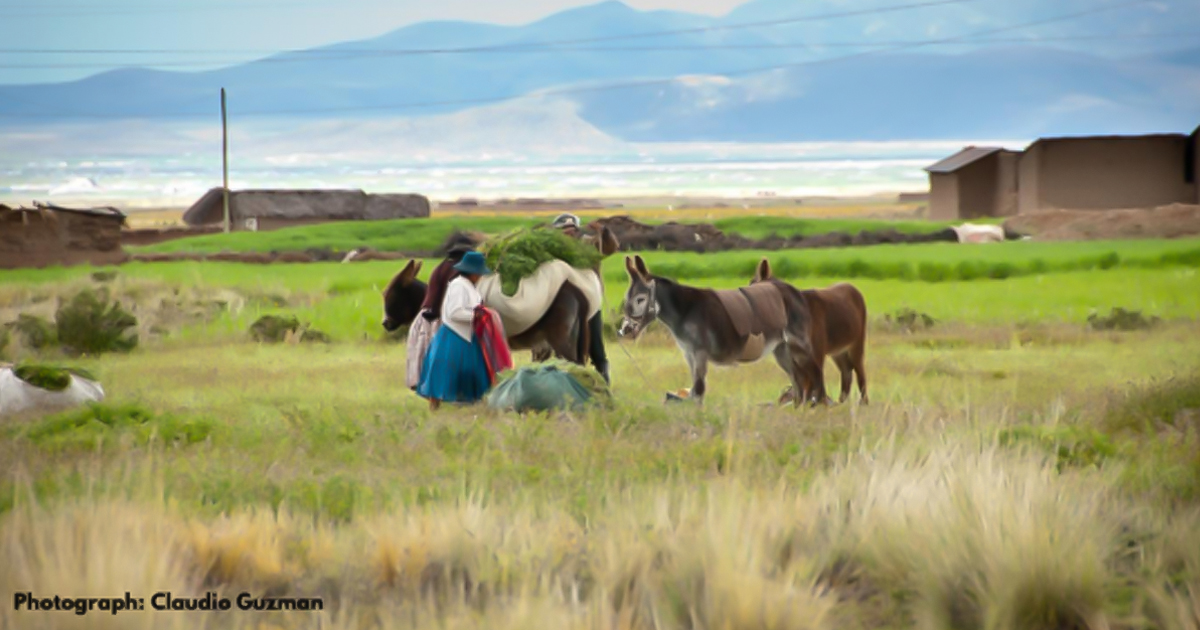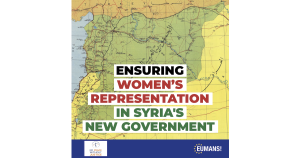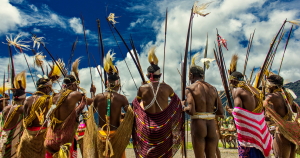Every year, 9 August, marks International Day of the World’s Indigenous Peoples. Its main goal is to raise awareness and to protect the rights of indigenous peoples globally. In part, it does so by recognising and highlighting the contributions and achievements of indigenous peoples in improving global issues. The annual commemoration of this date was first announced in 1994 by the United Nations General Assembly, denoting the first meeting of the United Nations Working Group on Indigenous Populations in 1982.
This date reminds us of how fascinating and diverse the human being can be and how much stronger we are when we all stand together. It teaches the world about the power of multiple perspectives. Harnessing and learning from cultural diversity is vital for building more democratic societies, for achieving social peace and for developing more robust responses to the adversities humankind faces, now more than ever. Several indigenous communities are practitioners of unique cultural, social, economic and political features that are different from those prevalent in the dominant societies. By highlighting the achievements and contributions of indigenous peoples, we are not just pursuing historical justice, but also moving towards a world that genuinely acknowledges cultural diversity as a positive trait of our very existence as humans.
However, there is a lot of work to be done. The world’s indigenous populations have been historically marginalised due to colonialism that expresses itself through land occupations, exclusion and discrimination. Despite their cultural differences and distinct identities, indigenous peoples around the world therefore share common problems when it comes to protecting their rights. Many communities have fought for identity recognition, for the right to self-determination and the control for their ancestral territories without their struggle meeting a satisfactory response.
The current pandemic has provoked bigger threats to indigenous communities around the world. According to the UN, COVID-19 has had a devastating impact on more than 476 million indigenous people around the world. During the last months, Latin America has lost some important indigenous leaders as a consequence of the pandemic. This situation has revealed big challenges that must be addressed by Latin American Governments such as poor access to sanitation, inadequate medical services, and land grabbing imposed on indigenous communities in Amazonia.
On this important day, we express our admiration for and support to all the indigenous leaders who keep fighting and raising their voices during this time. We recognise the suffering all the indigenous communities who have faced the death of their members and the dispossession of their territories. We call on decision-makers the world over to say enough is enough: indigenous communities have suffered enough. It is time to act, listening and working in partnership, to find and implement real solutions that will support indigenous communities to live their lives free from fear and discrimination, including by regressing the historic injustices they have faced and continue to face.
On this day, No Peace Without Justice highlights the importance of continuing to work towards justice and accountability for the violations of human rights that numerous indigenous communities face. For this reason, we have created a project to address climate change, degradation of the Amazon and subsequent human and environmental rights violations in Amazonia through the lens of accountability. We reaffirm our commitment to working with our partners to create spaces and channels of communication to support their determination to lead social transformation for the respect of their territories, communities and cultures.




